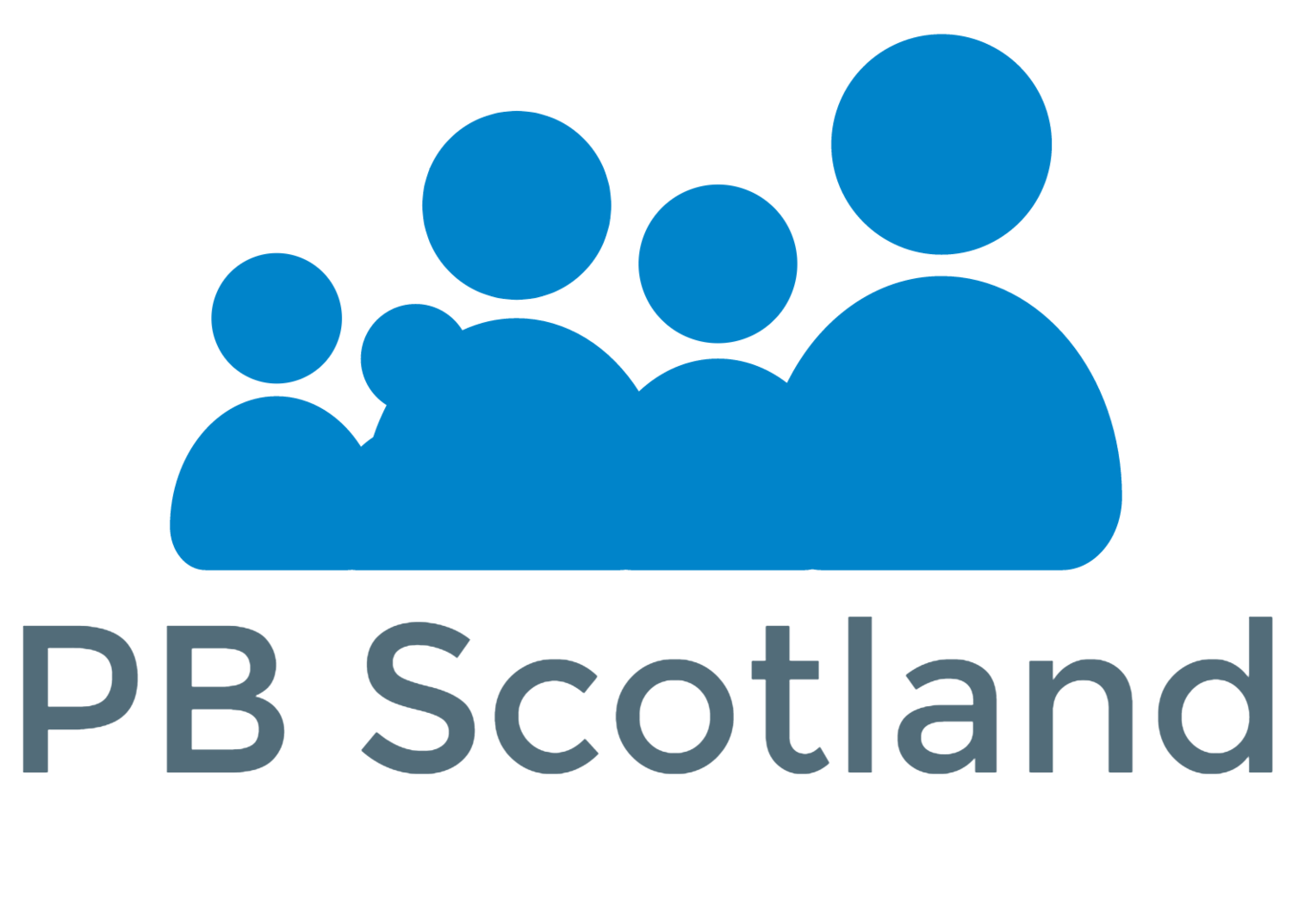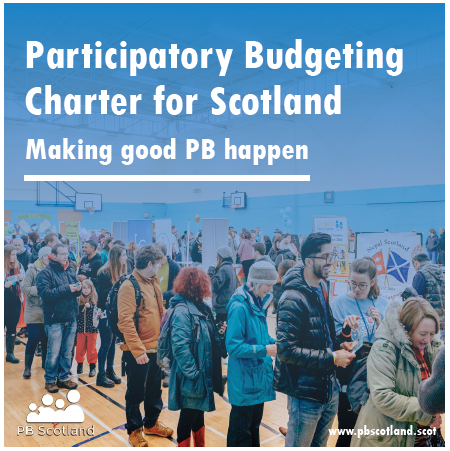Lessons from America: Democracy, decision-making and PB
/Fiona Garven, SCDC Director, shares her experiences of visiting Arizona to learn about their progress with PB. @SCDC_Fiona
A couple of weeks ago I had the good fortune to be in Phoenix, Arizona for the International Participatory Conference organised by the Participatory Budgeting Project (PBP) based in New York. And what a great time to go! An overnight jump from sub-zero temperatures to 28 degrees, and a rapid switch from thermals to sunglasses.
The conference was a large-scale affair – across the programme it brought more than 250 community leaders, government officials and staff, practitioners, researchers, funders, young leaders, and technology bods together from countries around the world, including Taiwan, Mexico, Portugal, Russia, Estonia, Kenya – and, of course, Scotland.
Hearing about the many different democratic structures across the nations was fascinating – some more democratic than others - but it was also a comforting reaffirmation that, no matter where people were from, we all shared the same passion for building stronger communities, deepening democracy, and making public policy and budgets fairer and more effective.
Day one, we visited one of the local high schools in Pheonix, which was in the midst of implementing its second PB process, supported by the state of Arizona as part of its commitment to youth engagement. There are over 70 languages spoken in Arizona, and the school we visited was keen to point out their pride in their bilingual, biliterate and bicultural young people.
Personal testimonies from the students, all of whom were from families and communities experiencing poverty, demonstrated how involvement in democratic processes in their school had encouraged them to become more active in community life, raised their consciousness about social issues, and led them to register to vote in formal elections.
Ideas generated through the PB process in the school were almost universally about improving collective good – providing shade and water in public areas, physical improvements to the environment – easy measures to improve wellbeing and pride in community that the ‘powers that be’ hadn’t picked up on previously, but now adopted in other schools across the city and state.
Day two focused on participatory justice. We heard from projects such as Court Watch, which is working to build a community movement to reduce inequality and unnecessary incarceration in New York’s criminal legal system. Through having a presence in New York City courtrooms, they collect real-time data of what is happening in courtrooms, capturing the experiences of people not written about in official accounts. They then use this information to help shift court practices and culture.
The Theatre of the Oppressed in NYC introduced work they are involved in called ‘legislative theatre’. They partner with community members and local organisations to form theatre troupes that devise and perform plays based on their own challenges and experiences of economic inequality, racism, and other human rights injustices. After each performance, the actors and the spectators (usually people in positions of power, or people who work within existing systems) work together to identify responses to systemic level oppression.
They have an impressive record – in 2017, of those who participated in legislative theatre, 86% said they felt more empowered to embark on acts leading to social change, and 66% said they were more likely to engage with an elected official on matters affecting them.
More of this in Scotland please!
The final day was about measuring the impacts of participatory methods, and about sharing our experiences across the different countries. Simon Cameron (CoSLA) and I presented on Scotland’s PB journey, which was generously received.
Although colleagues, particularly from the United States, share a commitment to participatory democracy, it is clear that the scale of the challenge is different for them. Just watching CNN and Fox news for a short time illustrates the problem, we seem to only hear the half of it over here. Colleagues spoke about their fear in the rise of populism, and some also spoke of their ‘broken democracy’. Many of them urged for abolition of the current systems, rather than reform. But they also spoke of their hopes and their beliefs in a new democracy, precipitated and nourished by ground up movements, globally linked.
All of this made me aware of the contribution Scotland can make to this kind of global movement. Scotland has the right conditions to be a leader in participatory democracy. We might be small but we’re feisty! We have a sympathetic policy environment, we have a history of enlightenment and belief in self-determination. We need to use these conditions to make our stamp, to improve democracy in Scotland and lead by example.
All in all it was a great conference, I really wish we could all have been there, but it would have been a bit crowded on the plane…
Officially set up in 2009, the PBP is leading the way on participatory democracy in the USA, by continually expanding its programmes, and launching dozens of PB processes – all to build a new bridge between government and the people, by empowering communities to change the way democracy works. Like PB Scotland they develop loads of useful resources and share them all - for free!








